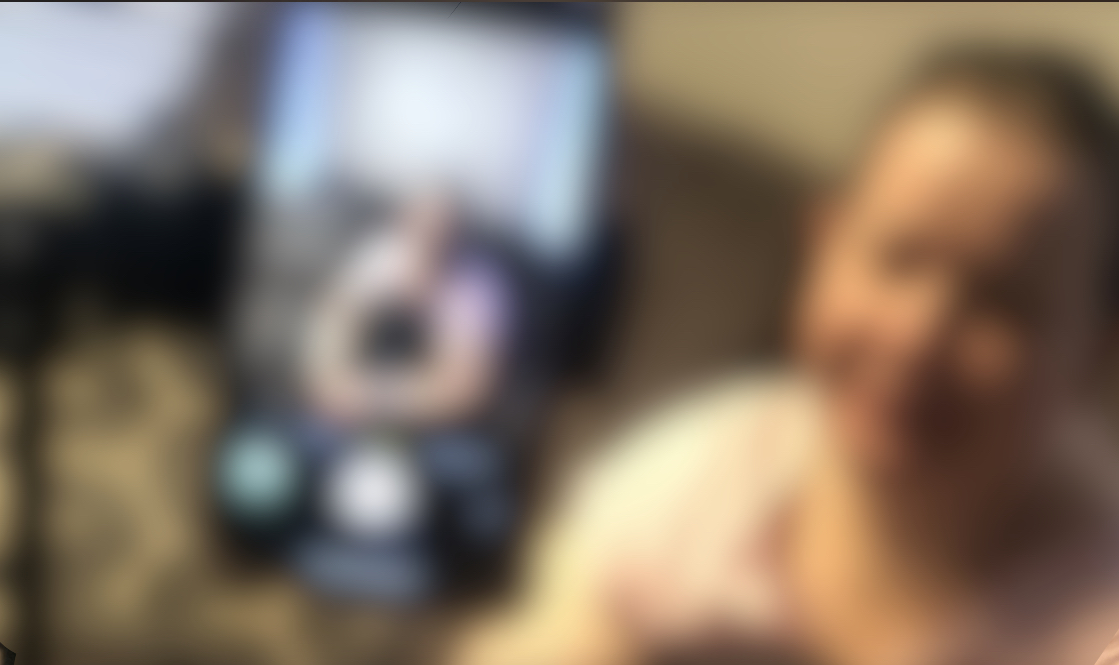 By: Odalis Mairena
By: Odalis Mairena
When I conducted my first interview, I was overall nervous, and I did not know what to expect from it. By drawing on my personal experiences, I attempt to bring light to important things you should keep in mind while you conduct your interviews.
Before you conduct your oral history, keep in mind the following things:
The people that agreed to the interview not only took the time out of their schedules but also opened themselves to you, a stranger. The trust between the participant and the interviewer is imperative for the interview, and it is an ongoing effort. As the interviewer, you must ensure that you create an environment of respect, trust, and collaboration. If you make a mistake, do not worry, we are all humans, and we all make mistakes. The first step is to acknowledge your mistake and apologize to the person you are interviewing. The interview process requires trust and a connection between the participant and yourself, so protect that bond.
The interview guide is only a guide. It is your participant’s story, so let them tell it however they wish to tell it. Inform your participants that they can refuse to answer and they may stop the interview process if they no longer wish to participate or if they need a break. However, maintain the conversation close to the research focus without being over-controlling and patronizing.
Show that you care and acknowledge that you are listening with non-verbal gestures. For example, maintain eye contact, nodding, hand gestures, and ask questions once they are done speaking.
There will be multiple long and possibly awkward minutes of silence and pauses, but be mindful that memories can be difficult to convey. Always carry information on psychological resources and mention it to your participants should they wish to speak to a professional.
Also, please never forget to thank your participants, and remind them that you can be contacted should they wish to speak to you or have any further questions. Make sure you do not just run away after the interview is over, give your participants time just as they have given you time.
By the end of my first interview, I realized that I took a part of my participants’ life with me. I will forever have their memories with me, and I will respect them and cherish them as my own. Many of my participants would often start a conversation, and I would later discovered myself staying a little longer to have a casual conversation. The interviews may be difficult at times, but after the interview take a moment to step back and reflect on the stories you recorded. Again, not as a judge, but as a person and as a researcher.
I suggest you take a look at these readings. I read them to guide me on my interviewing process, and some of the information I disscued comes from these readings. I hope they can help you too!
- Steven High et al., “Guiding Principles in Conducting an Ethical and Successful Interview,” excerpt from the Montreal Life Stories Training Manual, in Steven High, Oral History at the Crossroads: Sharing Life Stories of Survival and Displacement (UBC Press, 2014): 305-310.
- Valerie Raleigh Yow, “Interviewing Techniques,” in Recording Oral History: A Guide for the Humanities and Social Sciences (Lanham, MD and Oxford: Rowman & Littlefield): 92-120.
